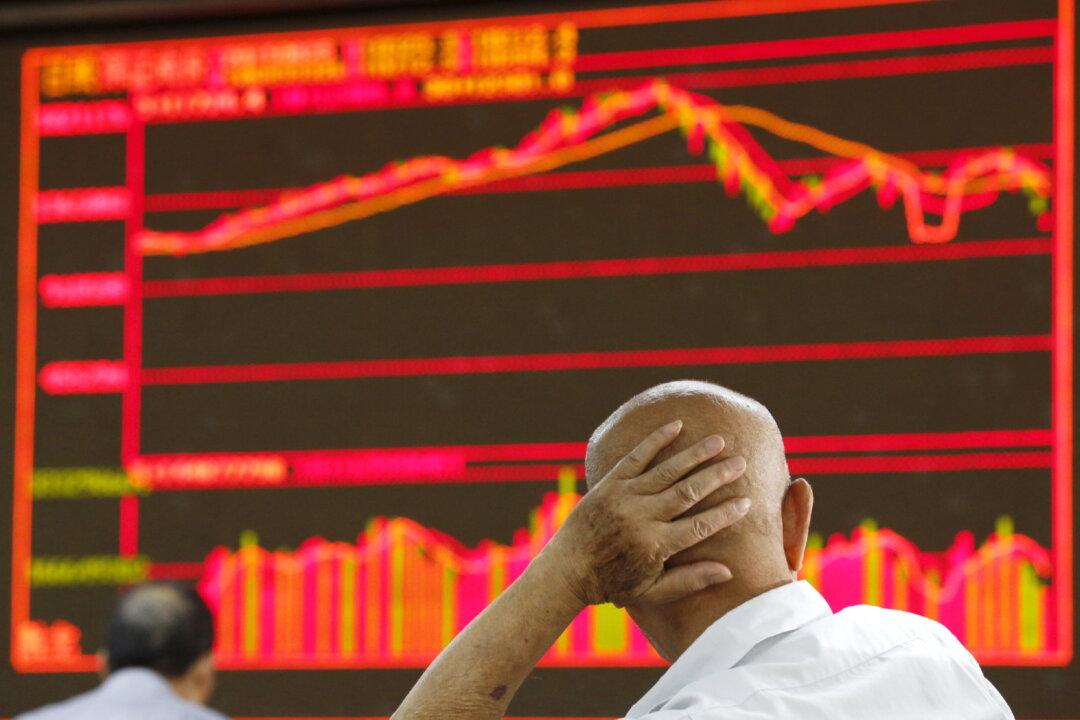Sen. James Paterson says he is concerned Australian pension funds (superannuation) could seek out investment opportunities in countries run by authoritarian regimes like China.
“We’re not as big a global investor as the United States is, but our superannuation industry—our pensions funds—are increasingly large and are really outgrowing the Australian economy and need to invest abroad,” the centre-right Liberal Party senator told the American Enterprise Institute in Washington on Sept. 13.





